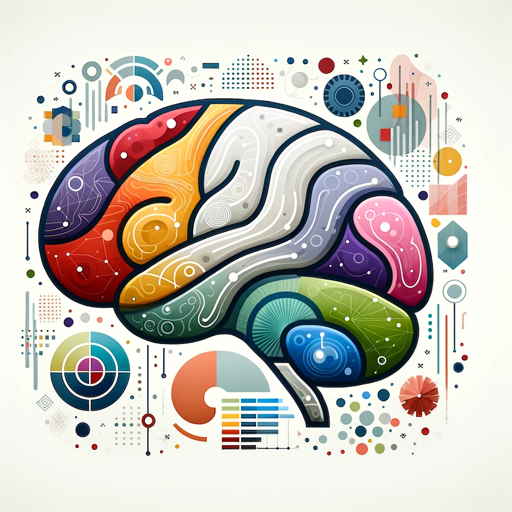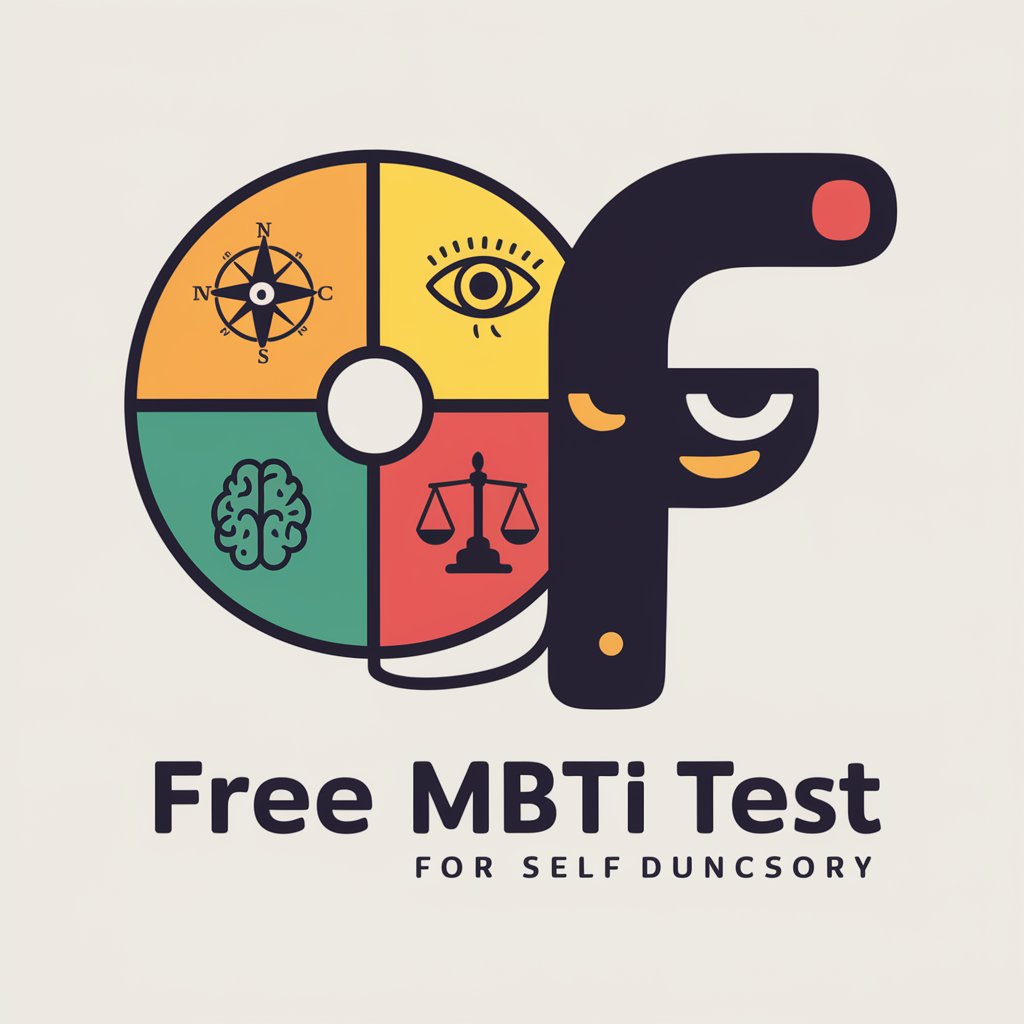
MBTI Personality Test - MBTI Personality Insights
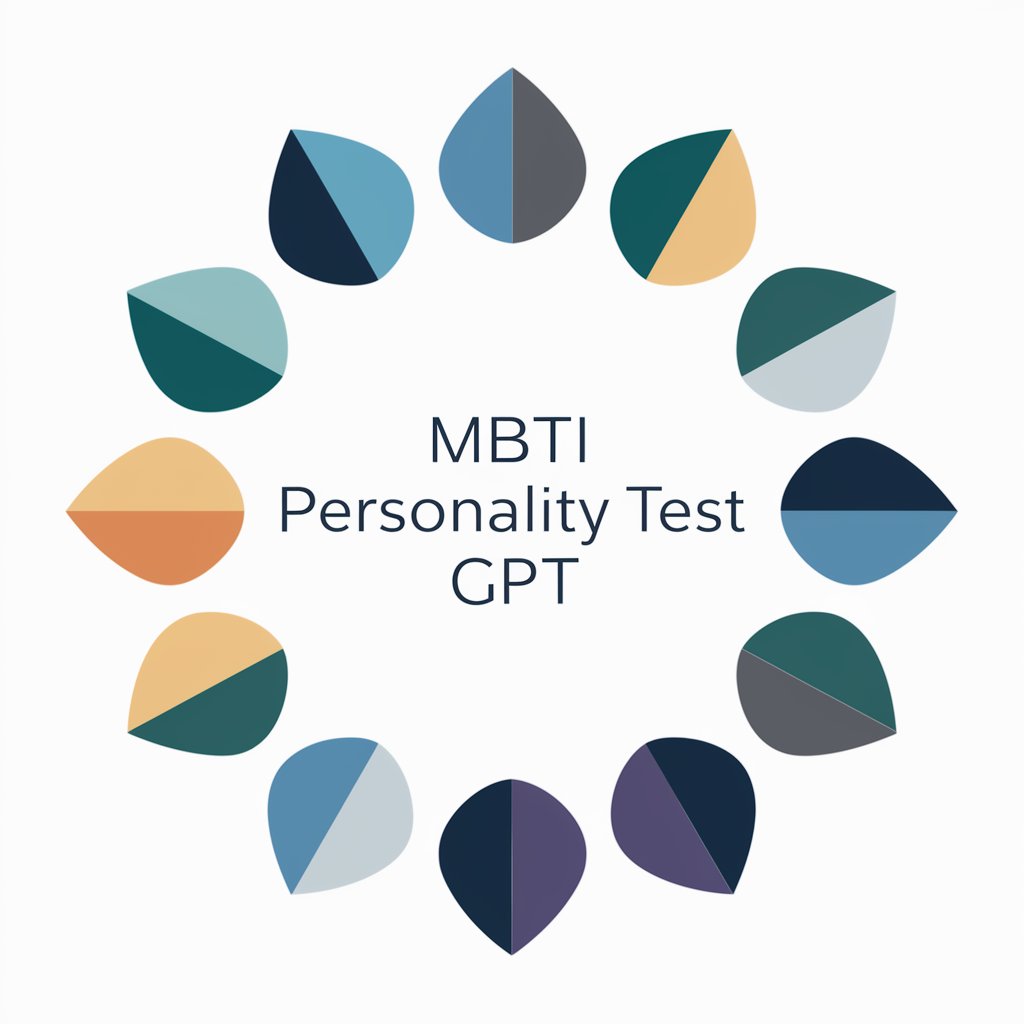
Welcome! Ready to discover your MBTI personality type?
Discover Yourself with AI-Powered MBTI
Describe a typical day for an ISTJ.
What are the key strengths of an ENFP?
How does an INFJ approach problem-solving?
What careers are ideal for an ESTP?
Get Embed Code
Introduction to MBTI Personality Test
The MBTI (Myers-Briggs Type Indicator) Personality Test is a psychological assessment tool designed to measure psychological preferences in how people perceive the world and make decisions. Based on the typological theory proposed by Carl Gustav Jung, the MBTI outlines 16 distinct personality types, each characterized by a unique combination of preferences across four dichotomies: Extraversion (E) vs. Introversion (I), Sensing (S) vs. Intuition (N), Thinking (T) vs. Feeling (F), and Judging (J) vs. Perceiving (P). These preferences are believed to influence an individual's approach to communication, decision-making, and problem-solving. For example, an 'ENTJ' type is often seen as a natural leader, driven, and decisive, thriving in organized environments where they can execute plans efficiently. In contrast, an 'INFP' type is perceived as idealistic, empathetic, and creative, often seeking to express themselves through written word or artistic endeavors. Powered by ChatGPT-4o。

Main Functions of MBTI Personality Test
Self-awareness and personal growth
Example
Understanding one's MBTI type can help individuals recognize their natural preferences and tendencies, allowing for targeted personal development strategies.
Scenario
A person struggling with time management might discover through their MBTI type (e.g., P preference) that they naturally prefer spontaneity over structure, leading them to adopt more flexible time management techniques.
Career planning and development
Example
MBTI assessments can guide individuals in selecting careers that align with their personality type, increasing job satisfaction and productivity.
Scenario
An 'ISFJ' type might find fulfillment in roles that involve helping others and creating a stable, harmonious environment, leading them to careers in healthcare, education, or counseling.
Improving communication and relationships
Example
Understanding the MBTI types of colleagues, friends, or partners can enhance communication by acknowledging and respecting differing perspectives and communication styles.
Scenario
In a team setting, knowing that some members are 'E' types while others are 'I' types can help in structuring meetings that allow both groups to contribute effectively.
Team building and leadership
Example
Leaders can use MBTI insights to assemble balanced teams that leverage the strengths of diverse personality types, fostering innovation and effective collaboration.
Scenario
A project manager might use MBTI types to ensure a team has a good mix of 'N' for big-picture thinking and 'S' for attention to detail, optimizing the team's problem-solving capabilities.
Ideal Users of MBTI Personality Test Services
Individuals seeking personal development
People interested in gaining deeper insights into their personality, strengths, and areas for growth. They benefit from understanding their MBTI type to navigate personal challenges, career decisions, and relationships more effectively.
Career professionals and job seekers
Individuals looking to align their career paths with their innate preferences and strengths. The MBTI can guide them in selecting roles where they can thrive, leading to increased job satisfaction and performance.
Educators and students
Teachers and students can use the MBTI to understand learning and teaching styles better. This understanding can help in tailoring educational approaches to suit different personality types, enhancing the learning experience.
Team leaders and managers
Managers and leaders benefit from applying MBTI insights to improve team dynamics, communication, and performance. By understanding the personality types within their teams, they can better motivate, engage, and utilize each member's unique talents.
Counselors and coaches
Professionals in counseling and coaching fields use the MBTI to assist clients in understanding themselves and their interactions with others. This tool is invaluable for guiding individuals in personal growth, relationship building, and career development.

How to Use the MBTI Personality Test
1
Begin by accessing a no-cost trial at yeschat.ai, which requires no sign-in or ChatGPT Plus subscription.
2
Complete the questionnaire provided, ensuring you select responses that most accurately reflect your preferences and behaviors.
3
Review your answers carefully before submission to ensure they accurately represent your personality.
4
Receive your MBTI type based on your responses and explore detailed insights and descriptions of your personality type.
5
Utilize the insights for personal growth, career planning, and improving communication and relationships with others.
Try other advanced and practical GPTs
Custom GPT Idea Creator
Innovate with AI: Custom GPT Idea Creation
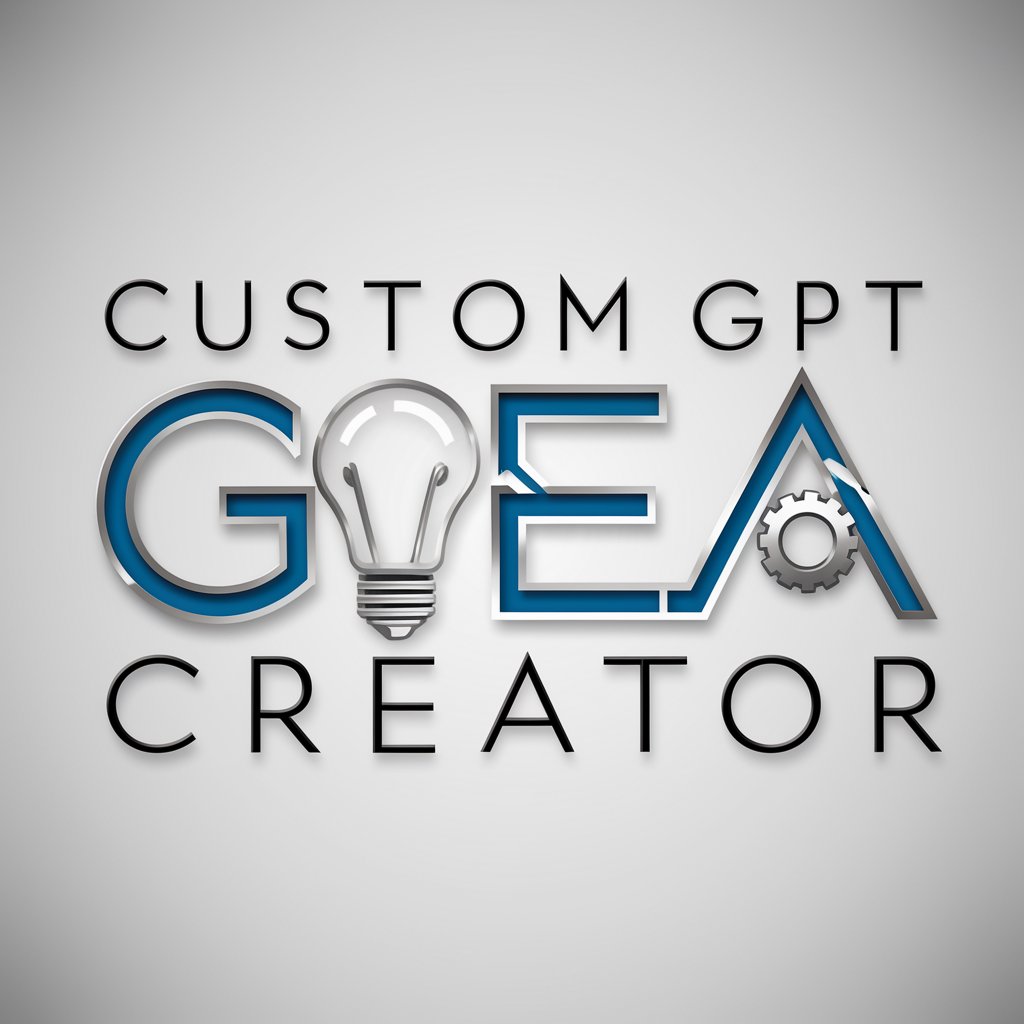
ROCK N ROLL
Explore Rock's Legacy, AI-Powered

Number Guessing Fun
Guess smarter, not harder with AI!
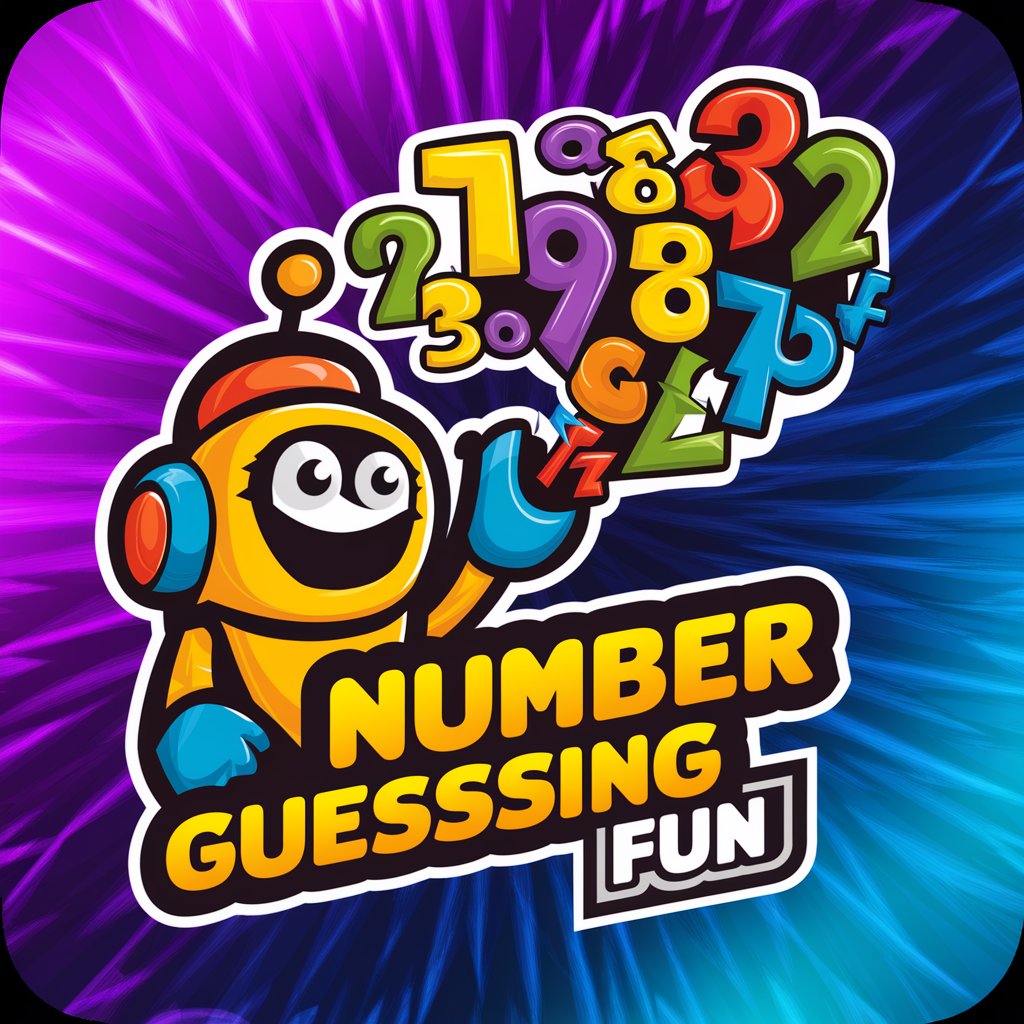
Wealthifyme
AI-powered path to financial clarity

CV Profile Optimizator
Shape Your Professional Identity with AI

What would Taylor do?
Swift Wisdom at Your Fingertips

myPODCASTscriptTool
Crafting Engaging Podcasts with AI
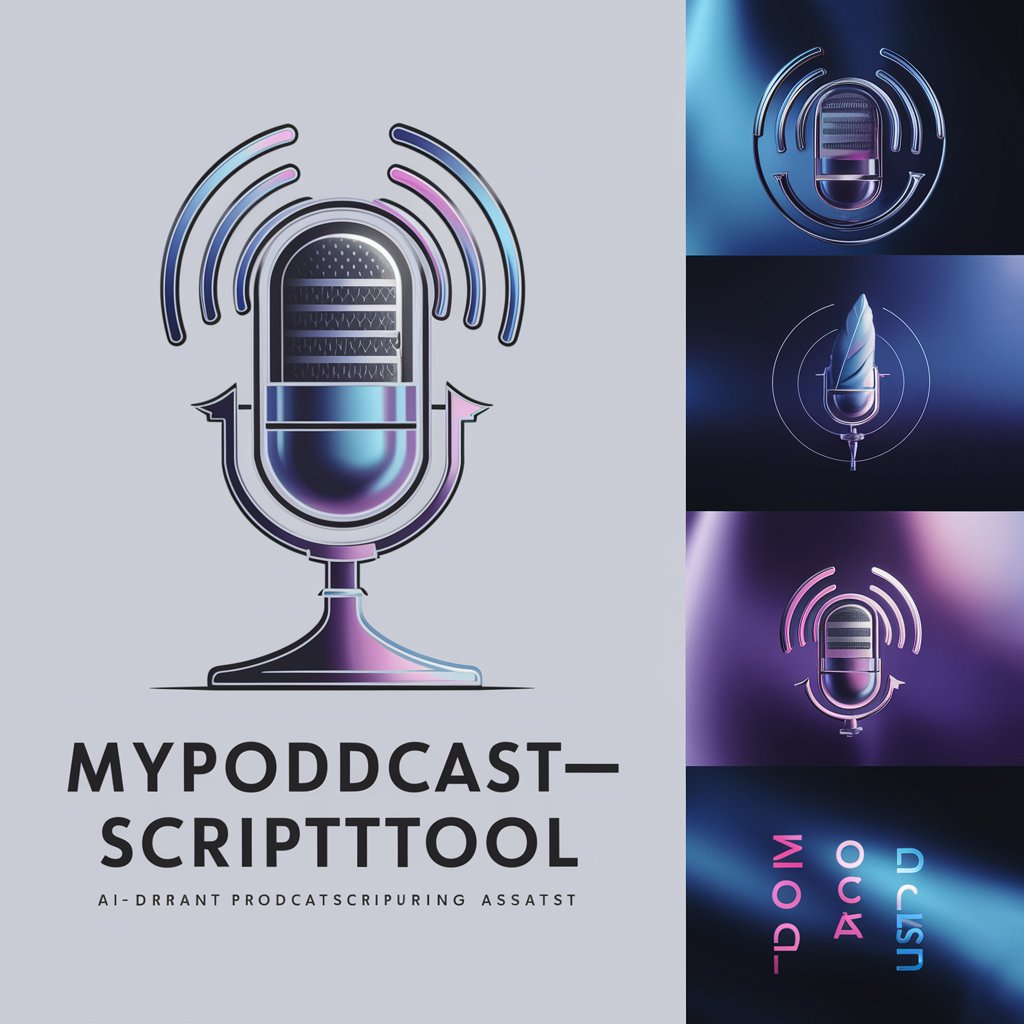
PDF GPT
Unlock insights with AI-powered PDF analysis.
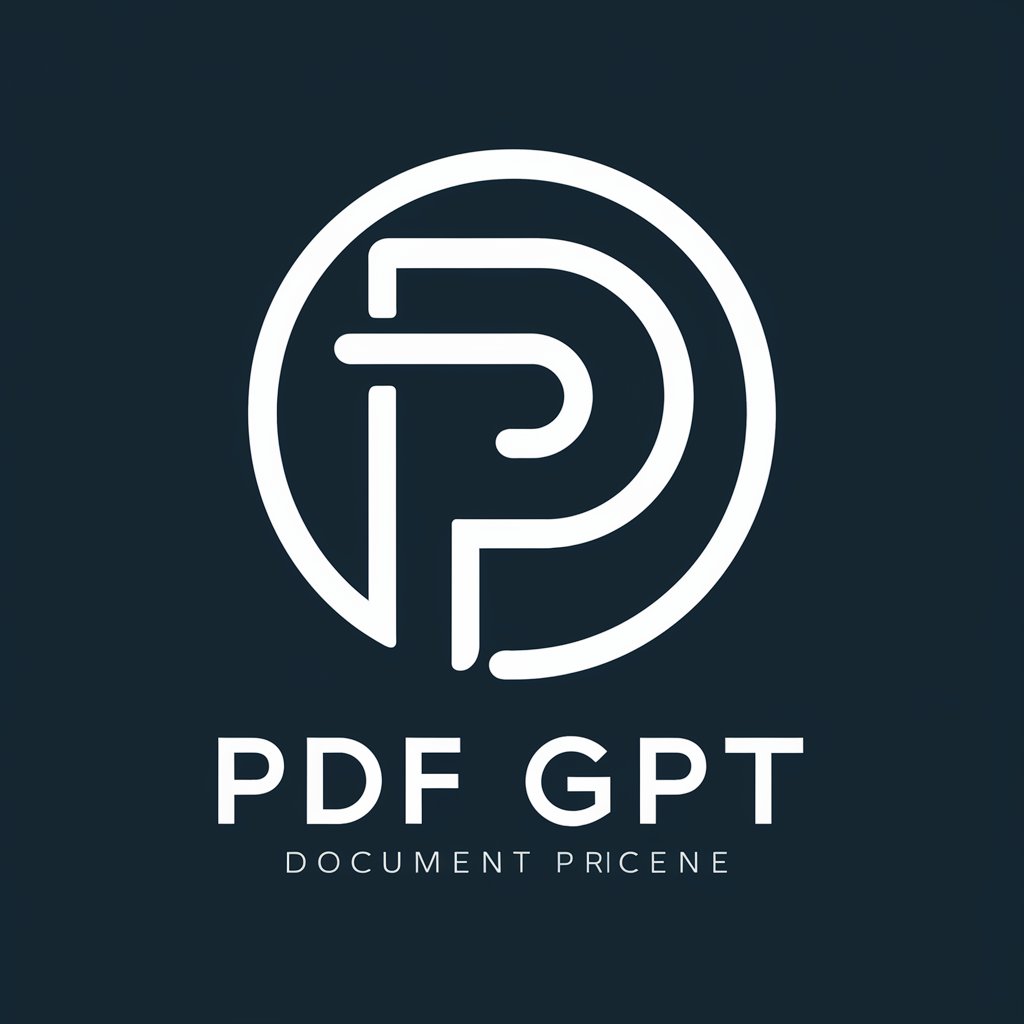
GPT SEO YOASTENG
Elevate Your Content with AI-Driven SEO

NewbornGPT
Empowering Parents with AI-driven Advice
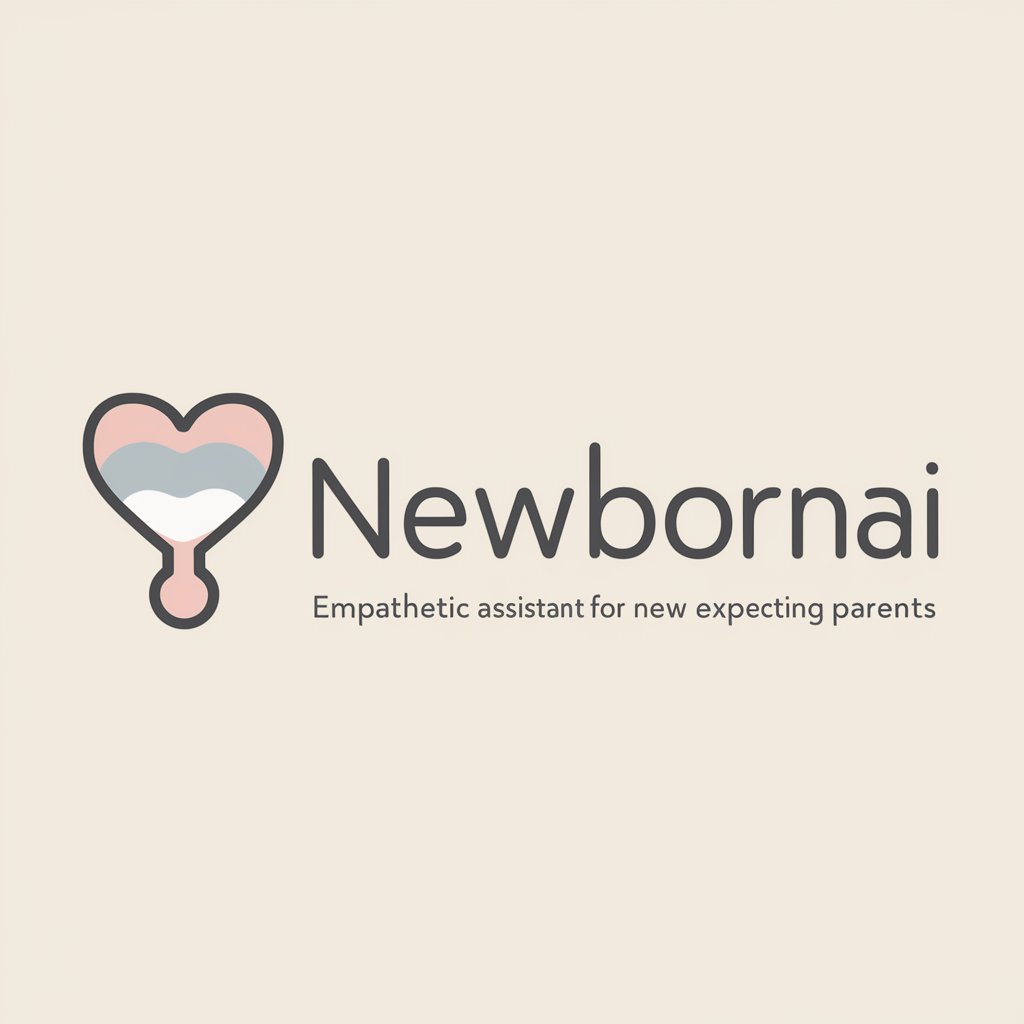
Traffic Lawyer
Navigate Traffic Laws with AI-Powered Precision

Melody Muse
AI-Powered Musical Creativity at Your Fingertips
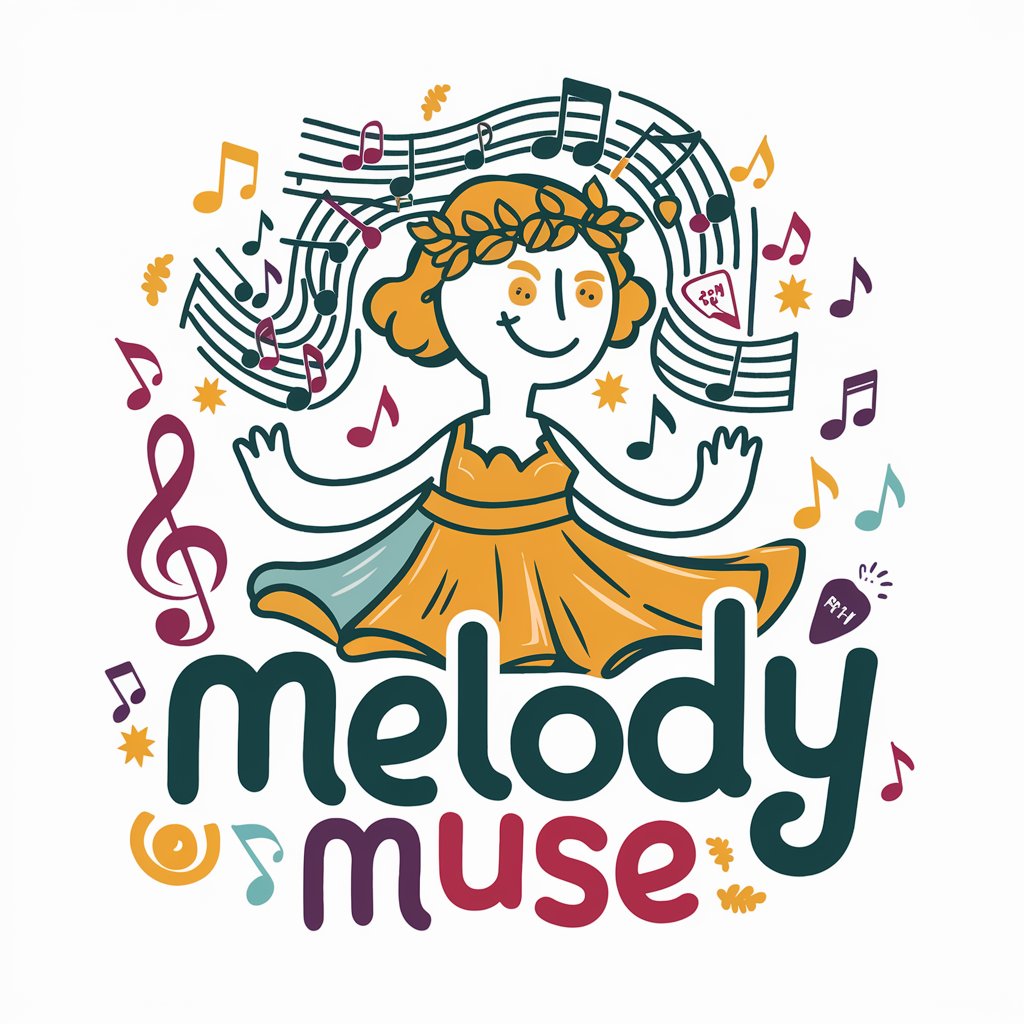
Frequently Asked Questions about the MBTI Personality Test
What is the MBTI Personality Test?
The MBTI Personality Test is a self-assessment tool designed to identify a person's personality type, strengths, and preferences, based on the psychological typology theory by Carl Jung.
How can the MBTI test help me?
It can aid in self-discovery, career development, relationship enhancement, and understanding communication styles, leading to improved interpersonal relationships and personal growth.
Is the MBTI test accurate?
While it provides valuable insights, accuracy depends on honest self-assessment. It's a tool for reflection rather than a definitive measure of personality.
Can my MBTI type change over time?
While core personality traits tend to remain stable, life experiences can influence how you express your personality, potentially leading to different MBTI results over time.
How can I use my MBTI type in the workplace?
Understanding your MBTI type can enhance teamwork, leadership, and communication. It helps in selecting roles that align with your strengths and working effectively with diverse personalities.


